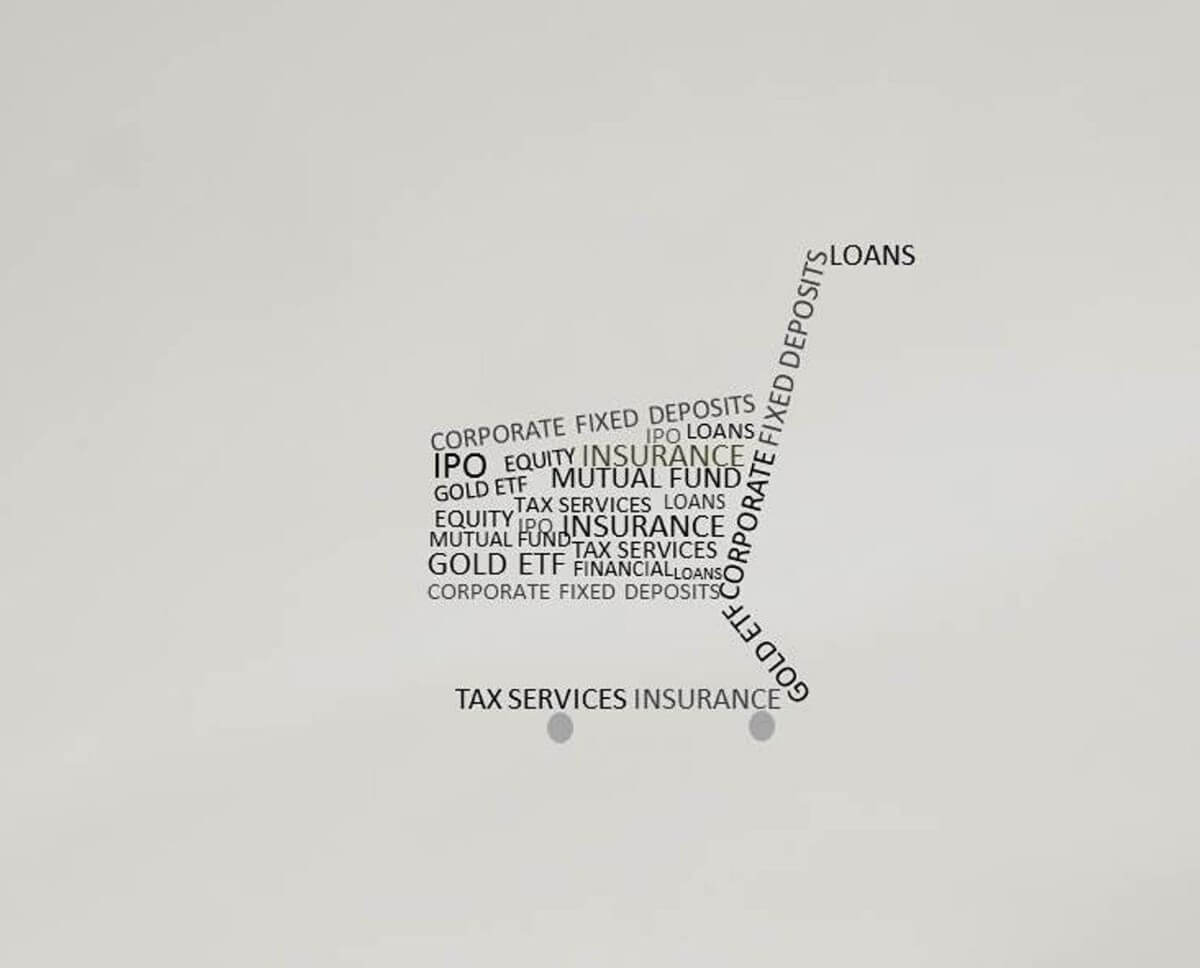Mutual funds are a great way to earn some extra cash. Some understanding of financial markets does help, overall. However, you generally do not need to know a whole lot to get started. The funds are for ordinary people to gather their money and let an expert take care of the rest. Here are a number of key points you do need to know about mutual funds, though.
Purchasing shares
Most mutual funds do not necessarily give you free rein on stocks with your funds. However, you can still buy directly from a fund in most cases. There are lots of funds out there, though. You have to make sure the people you are investing are legit, and not scammers. It’s best to do some background research on all mutual funds you consider. After this, you also need to find out what the minimum contribution is. It’s quite possible it could be too much for you.
Fees
There are fees you have to pay before buying these shares, generally. Usually, there are annual expenses you will pay, as a proportion of your investment. There are also load fees, similar to a commission charge. It’s best to find out these fees yourself, as they will not always tell you upfront.
The trading process
Any respectable fund will allow you to see where your trades are going. Usually, a settlement of any of your trades happens two days after the day of the trade.
Dividends
Some mutual funds even pay dividends! In case you are unaware, dividends are payments to stock owners on a regular interval. You should keep in mind, as usual, that dividends do apply for your taxes. There are a few more essential points to keep your eye on. The ex-dividend date is the last date for payments on dividends. A report date is a day when a list of dividends receivers will appear. It is best to buy shares just before the ex-dividend date. This ensures you are last on the report date list.
Selling shares
The fund should let you sell back your shares, a rather simple process. Some fees still apply, however. You can also go through a broker. Your funds should equal your number of shares timesed by the net asset value.










